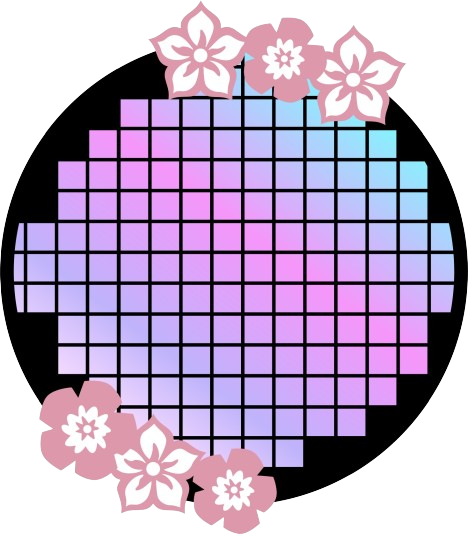TOUR PLANNING
On this page you can find al the information on the tour planning and information regarding the cities we will visit.
The study tour will begin on the 6th of July 2025 where we will travel from Eindhoven to Taipei in Taiwan. We will explore the following cities:
- Eindhoven-Düsseldorf-Istanbul-Taipei 6 July
- Taipei from 7 July to 12 July
- Tainan from 12 July to 15 July
- Hsinchu from 15 July to 18 July
- Taipei on 18 July
- Seoul from 19 July to 24 July
- Suwon from 24 July to 26 July
- Ulsan from 26 July to 28 July
- Busan from 28 July to 31 July
- Daejeon from 31 July to 2 August
- Seoul from 2 August to 4 August
- Seoul-Istanbul-Düsseldorf-Eindhoven 4 August

Taipei
Taiwan
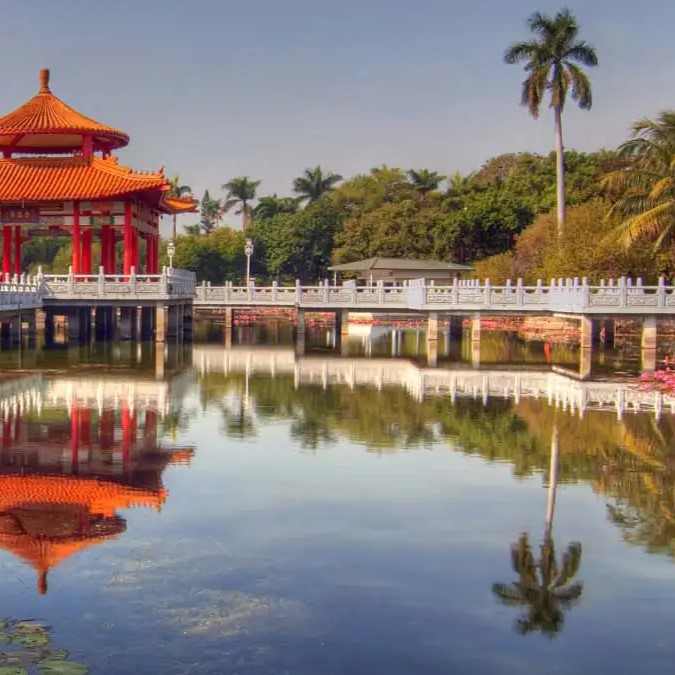
Tainan
Taiwan
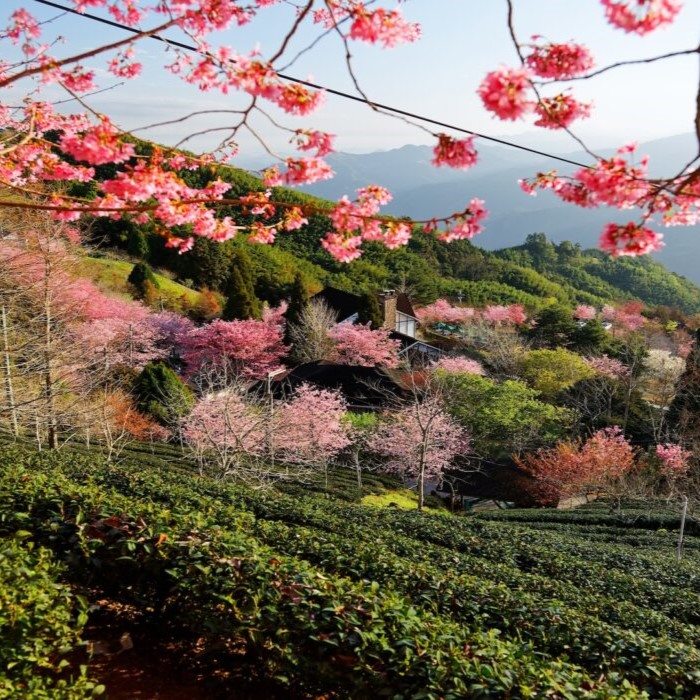
Hsinchu
Taiwan
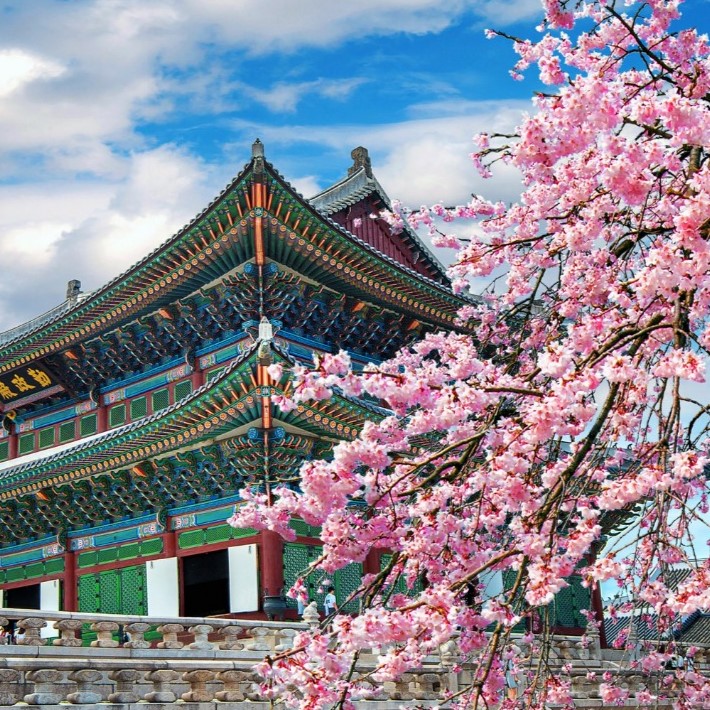
Seoul
South Korea
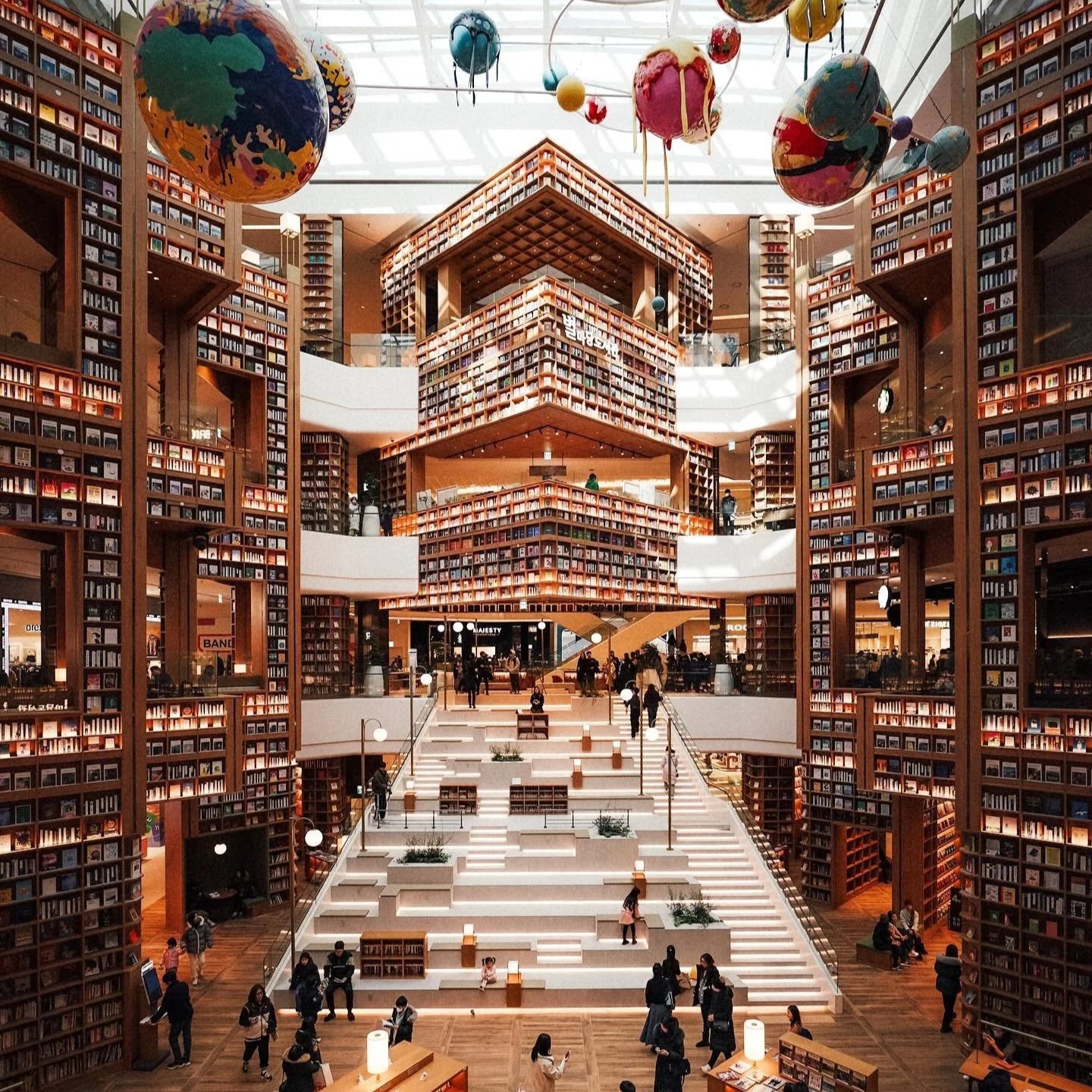
Suwon
South Korea
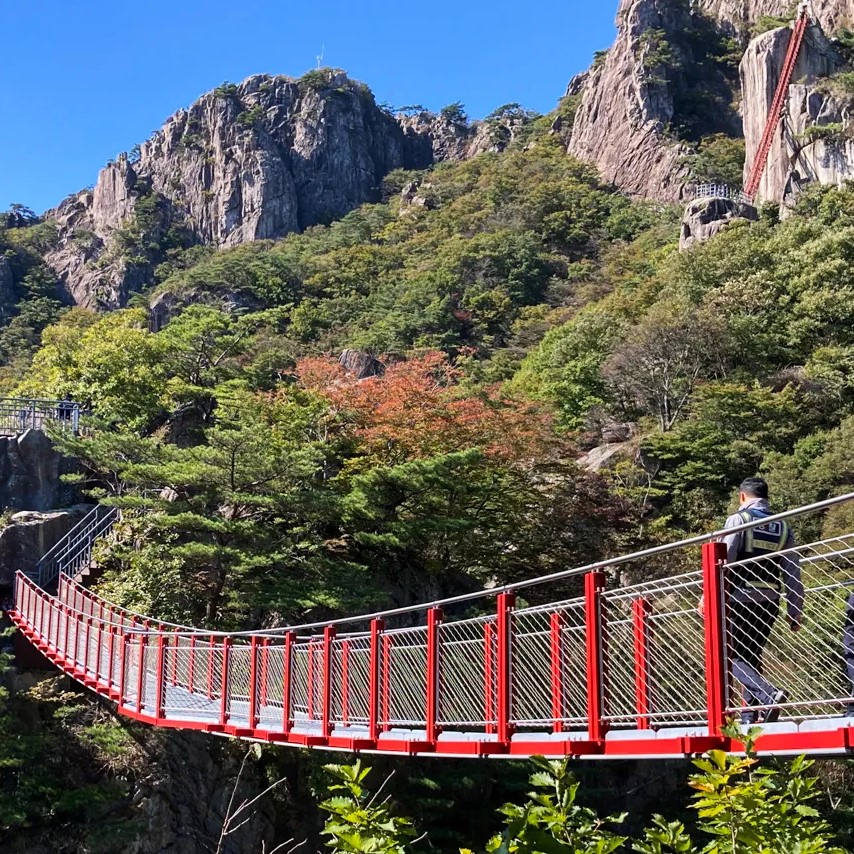
Daejeon
South Korea
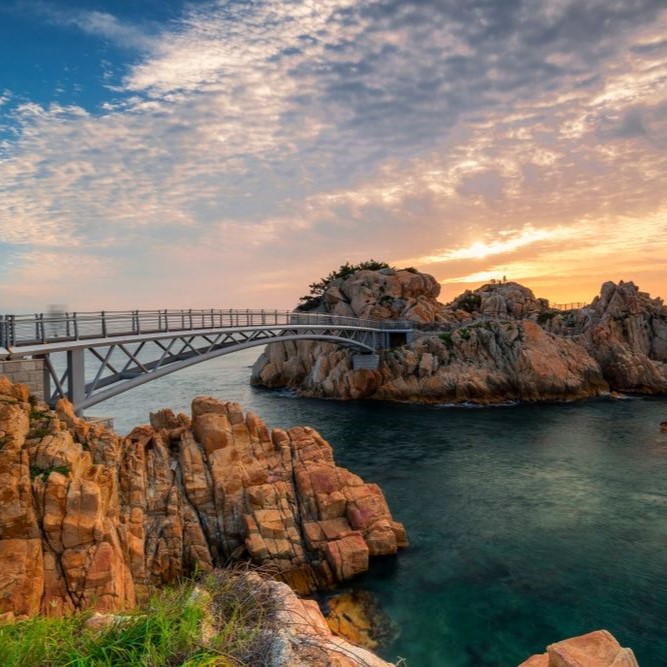
Ulsan
South Korea
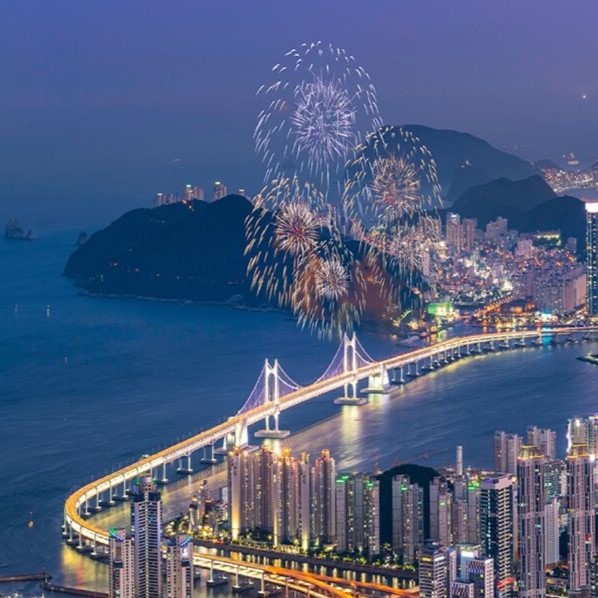
Busan
South Korea
